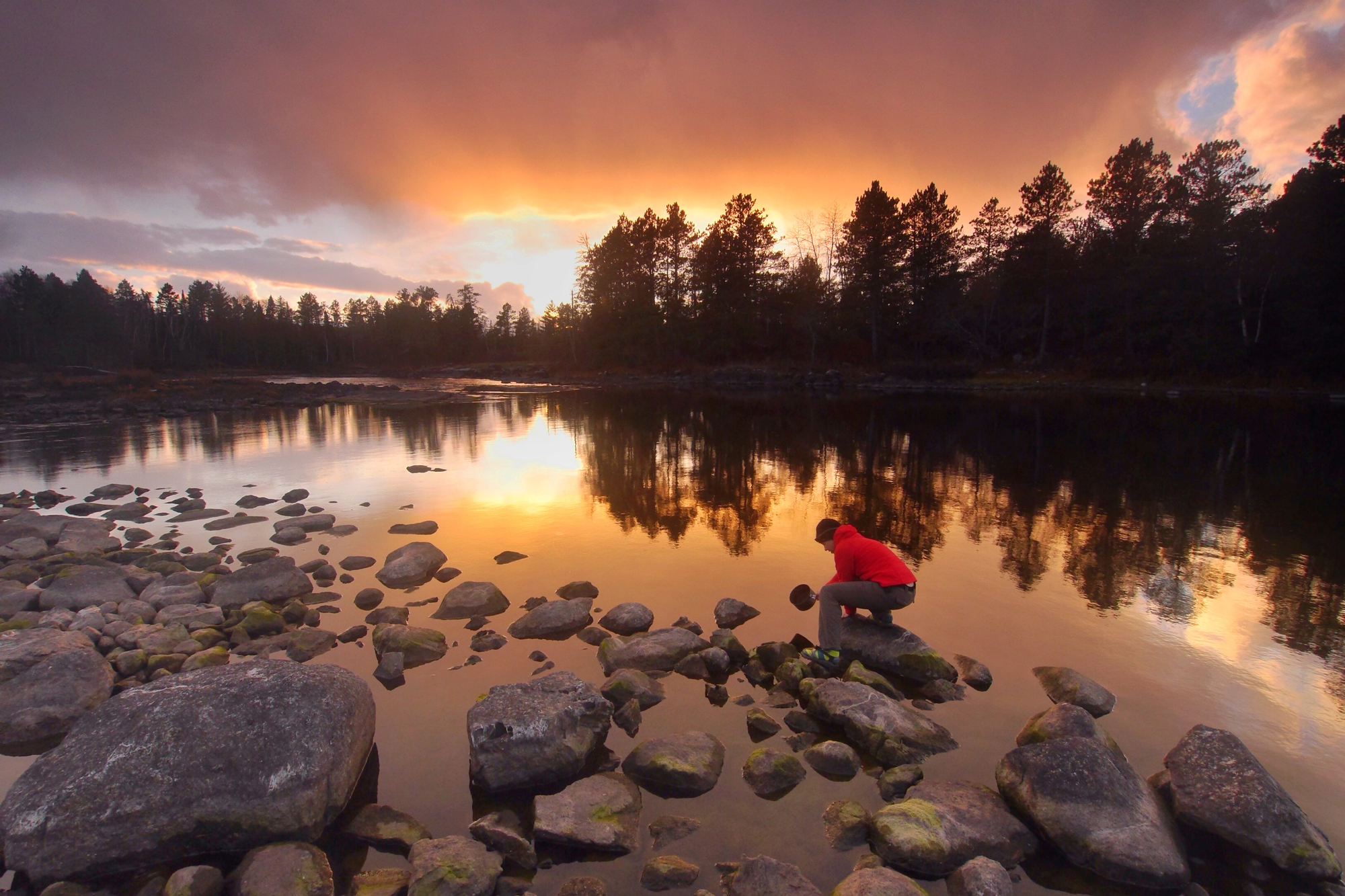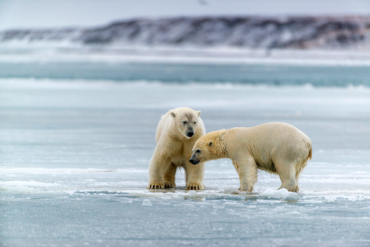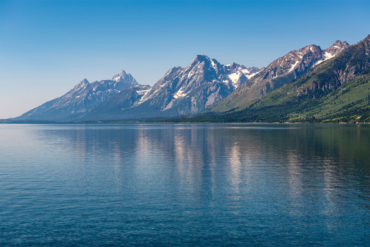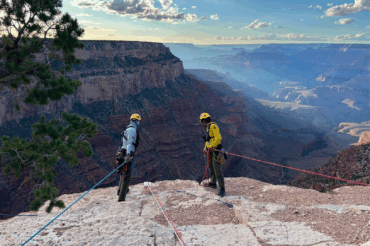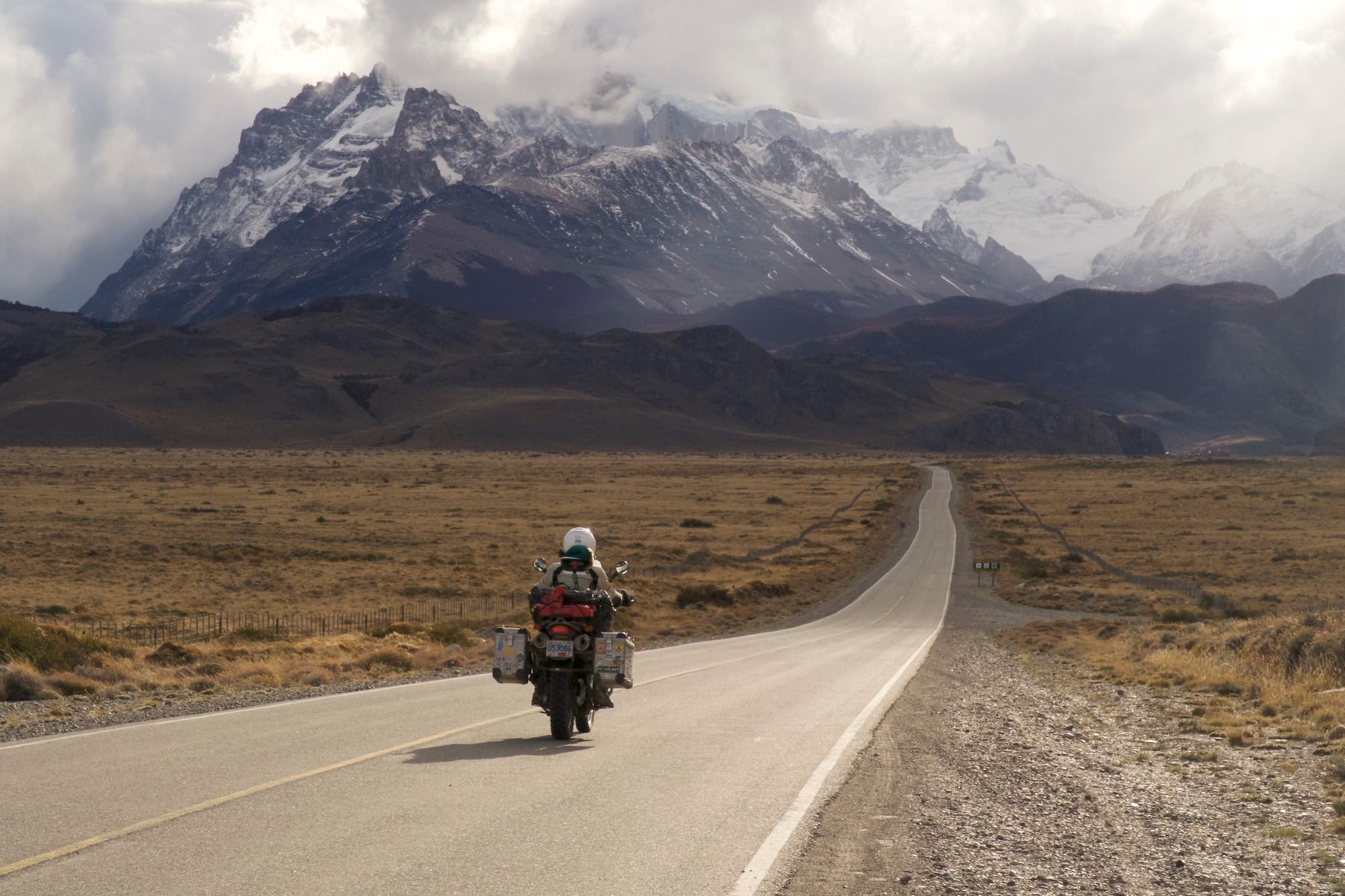They claim mining operations would inflict ‘irreparable harm’ on the Boundary Waters Canoe Area Wilderness (BWCAW).
Nine local and national outdoor recreation businesses filed suit in U.S. District Court against the federal government on Thursday. This comes as a challenge to the government’s decision last month to grant controversial mining leases near the BWCAW.
One plaintiff, advocacy group Northeastern Minnesotans for Wilderness, immediately threatened a lawsuit following last month’s announcement. Other entities involved include Voyageur Outward Bound School, Wenonah Canoe, and Ely Outfitting Company.
According to a statement by the Save the Boundary Waters campaign, the lawsuit seeks injunctive relief and calls the Interior’s actions “unlawful.” The statement also claims the proposed mines threaten small businesses, public health, jobs, clean water, wildlife, and the “sporting and outdoor economy of Minnesota.”
Outdoor Businesses Sue to Block BWCAW Mines

The lawsuit marks the latest development in a years-long battle between mining proponents, environmental groups, small businesses, and the federal government.
In 2016, the Obama administration allowed Twin Metals Minnesota’s sulfide-ore copper mining leases to expire. Then-President Obama cited heavy public opposition and environmental impact studies. They found the mines “could have dramatic impacts to aquatic life, sport fisheries, and recreation-based uses and communities.”
But in May, after Interior Secretary Ryan Zinke determined the government overstepped in its 2016 decision, the government renewed the mining leases.
“If sulfide-ore copper mining moves ahead, its pollution would find its way into this fragile, unique watery ecosystem. And the results will be disastrous,” said Dave Seaton of Hungry Jack Outfitters, a plaintiff in the lawsuit. “Experience with this type of mining elsewhere shows that it causes pollution — catastrophic pollution that is likely to last for centuries, essentially forever.”
The plaintiffs allege mining could cost the region nearly 23,000 outdoor recreation jobs. And up to $1.6 billion in annual income.
